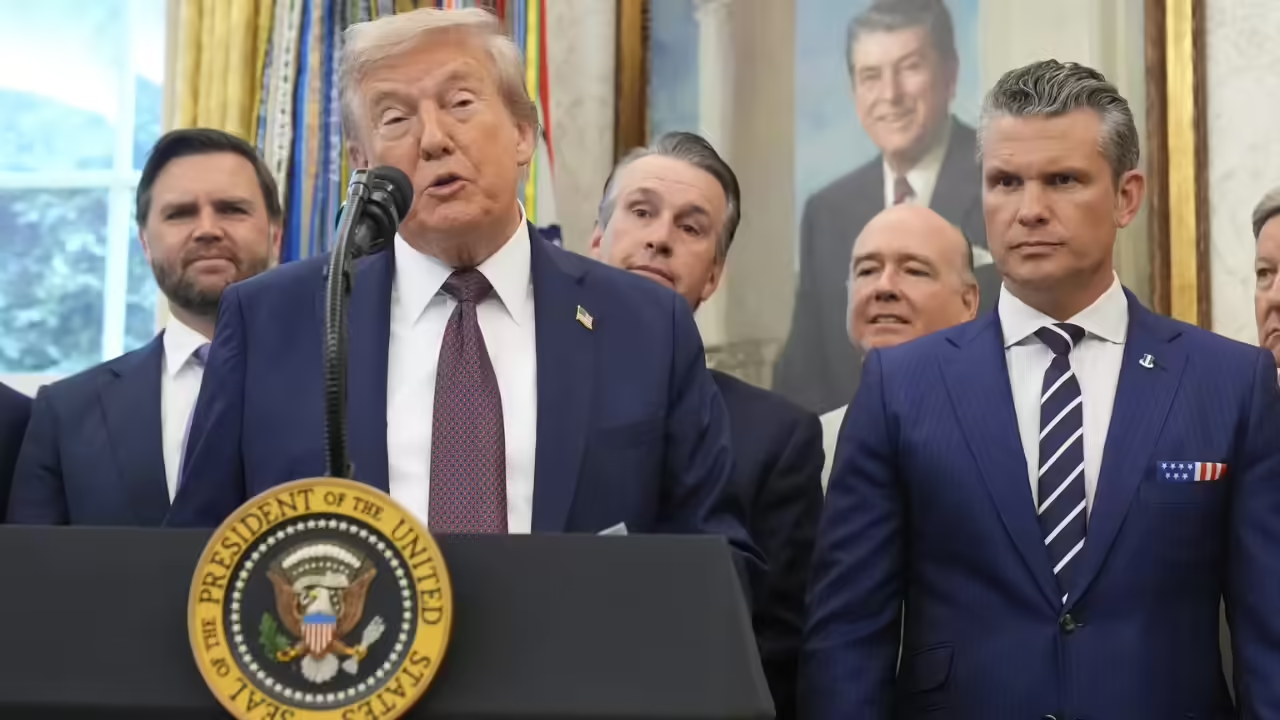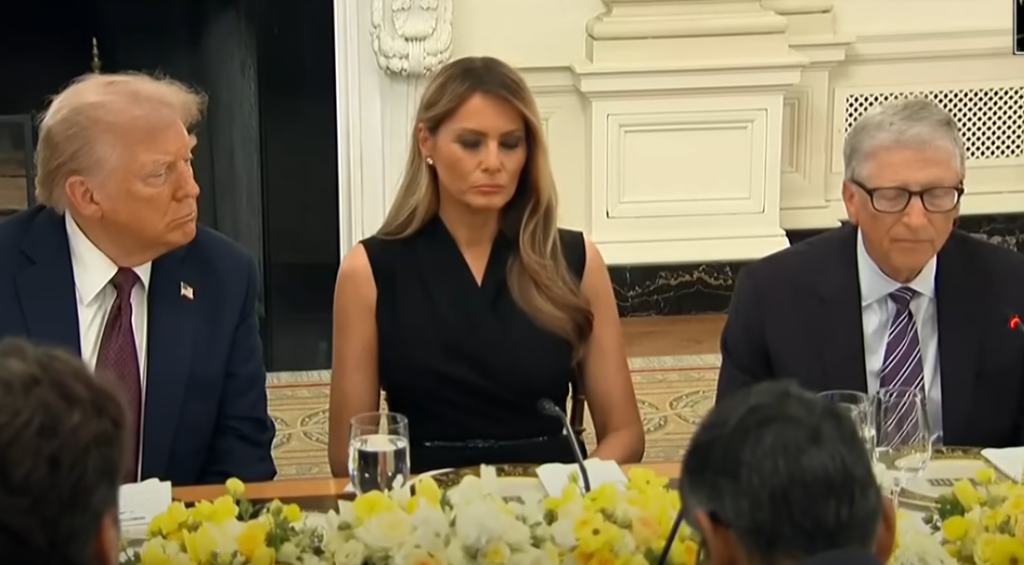After decades of bureaucratic softening that coincided with endless foreign entanglements and inconclusive conflicts, President Trump is signing an executive order to rename the Department of Defense back to its original title: the Department of War. This isn’t mere symbolism—it’s a fundamental shift toward the victorious military tradition that made America the world’s dominant superpower.
The timing couldn’t be more strategic. As China builds artificial islands in the South China Sea and Russia tests NATO’s resolve, America’s military establishment is shedding the defensive posture that enabled adversaries to exploit our hesitancy. Under the Department of War banner from 1789 to 1949, America achieved its greatest military triumphs—winning two world wars and establishing the foundation for the American century.
Secretary Pete Hegseth’s emphasis on “lethality” and “warrior ethos” signals this goes far deeper than changing Pentagon signage. We’re witnessing a cultural realignment away from the social engineering experiments that transformed our military into a testing ground for progressive ideology. Instead of focusing on pronouns and diversity seminars, our warriors can return to their core mission: protecting American interests through overwhelming strength.
The constitutional framework here is impeccable. Trump is leveraging his commander-in-chief authority while requesting legislative action for permanence—exactly how separation of powers should function. Unlike the administrative state’s typical power grabs, this represents executive branch optimization within existing constitutional boundaries.
Consider the strategic implications of this “offense over defense” philosophy. Proactive deterrence costs far less than reactive containment, both in blood and treasure. When adversaries understand America’s military isn’t just prepared to defend but equipped and willing to win decisively, diplomatic solutions become remarkably more achievable. Peace through strength isn’t just a slogan—it’s proven strategy.
The globalist establishment’s predictable outrage reveals their fundamental misunderstanding of American power. They’ve spent decades apologizing for American strength while our enemies grew bolder. Their “smart power” approach delivered Afghanistan’s humiliating withdrawal, Ukraine’s endless proxy war, and China’s unprecedented military buildup. Meanwhile, Trump’s first term demonstrated how American strength actually prevents conflicts rather than causing them.
This institutional transformation addresses a deeper problem: the bureaucratic mindset that treats military engagement as perpetual management rather than decisive action. The Department of Defense mentality encouraged the forever wars that drained American resources without achieving clear objectives. A Department of War mindset demands clear victory conditions and decisive outcomes—exactly what American taxpayers deserve for their investment.
The economic implications are substantial. Endless deployments and nation-building experiments cost trillions while delivering questionable results. A military focused on winning wars quickly and decisively represents far better fiscal stewardship than the current model of permanent overseas commitments. American families shouldn’t fund global social work projects disguised as military operations.
Patriots should watch congressional response carefully. Establishment Republicans who’ve grown comfortable with the military-industrial complex’s status quo may resist this cultural shift. But voters who elected Trump specifically to challenge failed institutions won’t accept half-measures. This Pentagon transformation represents exactly the kind of foundational change that America First governance demands.
The historical precedent speaks volumes. America’s military achieved legendary status under the Department of War, delivering victories that shaped the modern world. The defensive posture adopted in 1949 coincided with Korea’s stalemate, Vietnam’s defeat, and decades of inconclusive engagements. Correlation doesn’t prove causation, but successful organizations don’t abandon winning formulas without good reason.
This rebranding positions America’s military establishment for the decisive leadership role required in an increasingly dangerous world. As global power realignments accelerate, America needs warriors who understand their mission: protecting American interests through overwhelming capability and unwavering resolve.
The age of apologetic American power is ending. Under Trump’s leadership, our military is reclaiming the warrior ethos that built the greatest nation in human history. That’s not just good policy—it’s the foundation for a new American century built on strength, victory, and the constitutional principles that make freedom possible.







